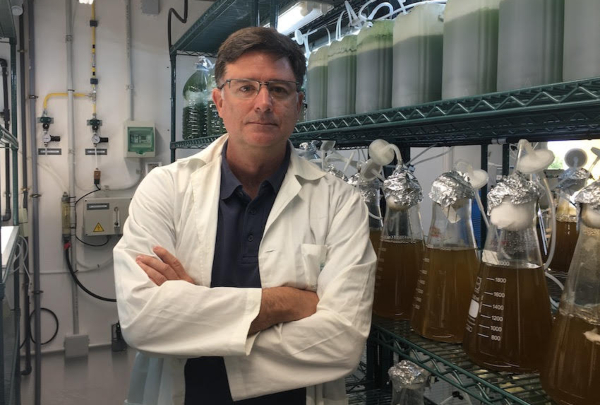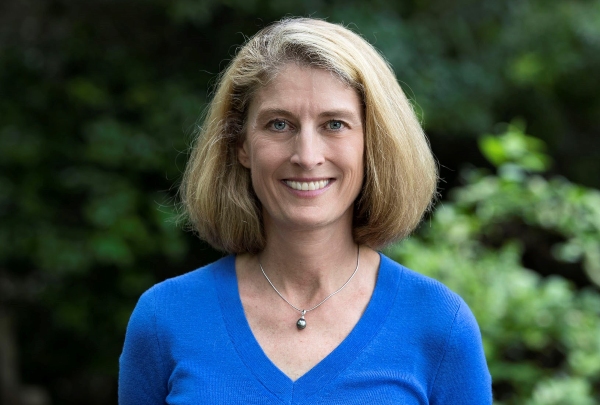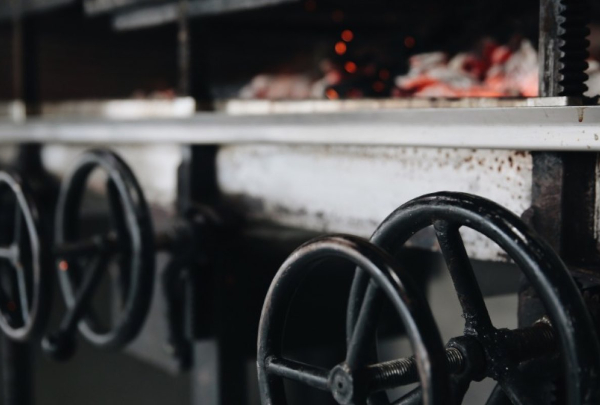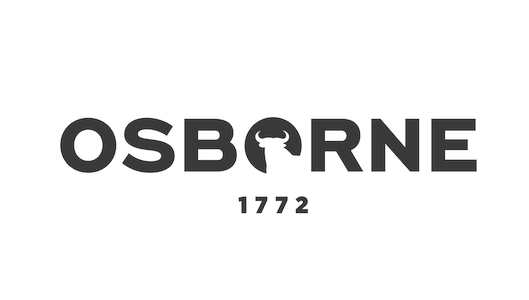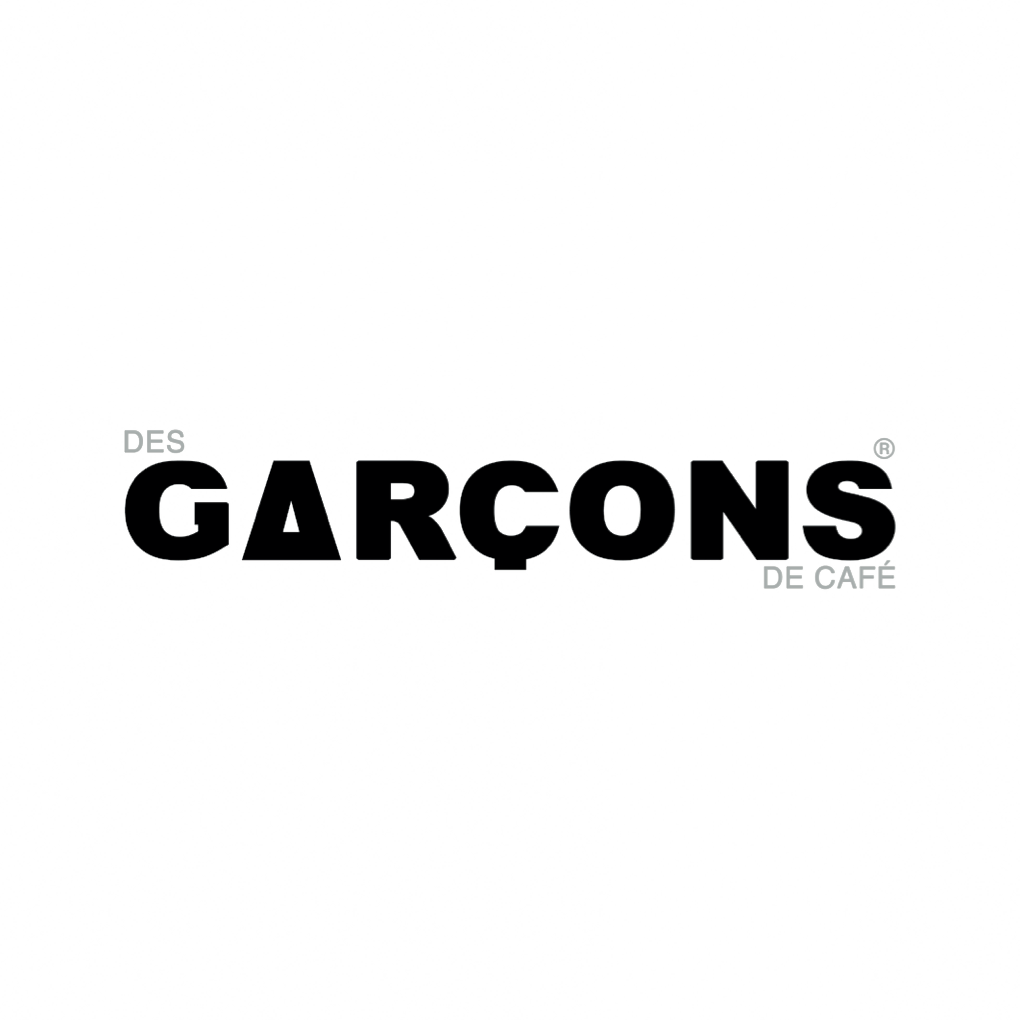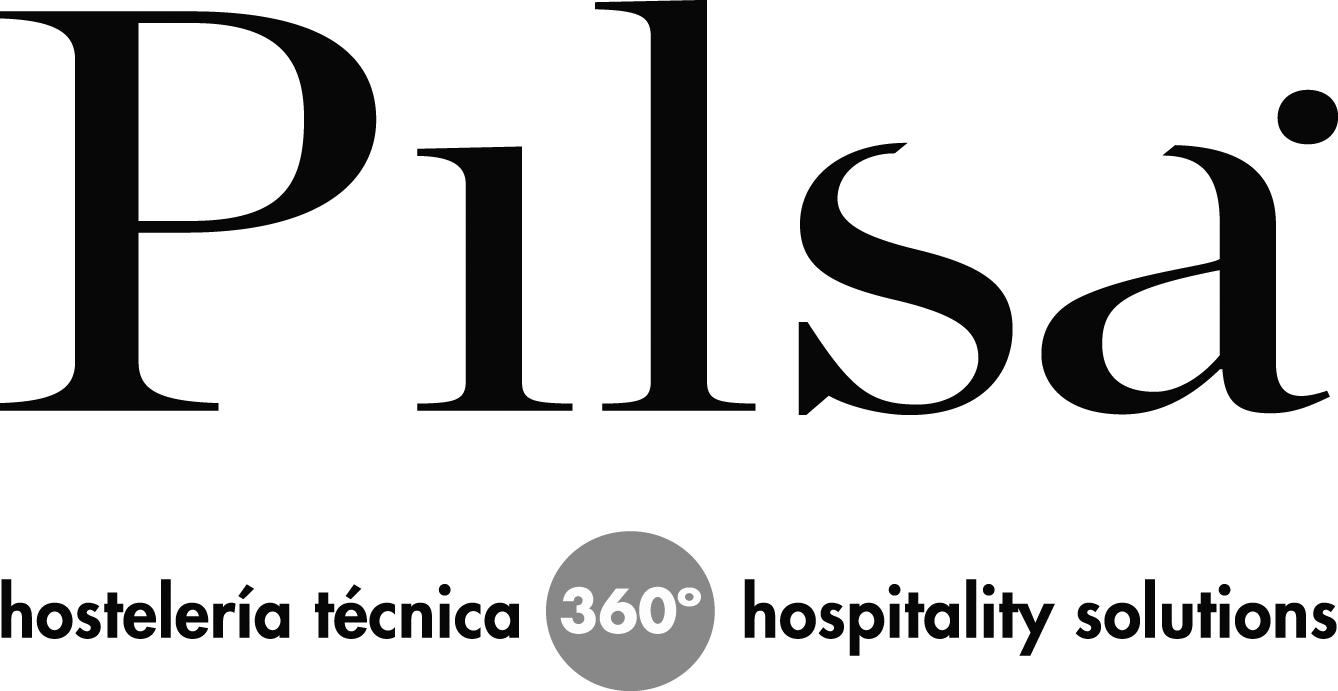Interview
Pepe Vieira: “For us, living alongside nature is something obvious”
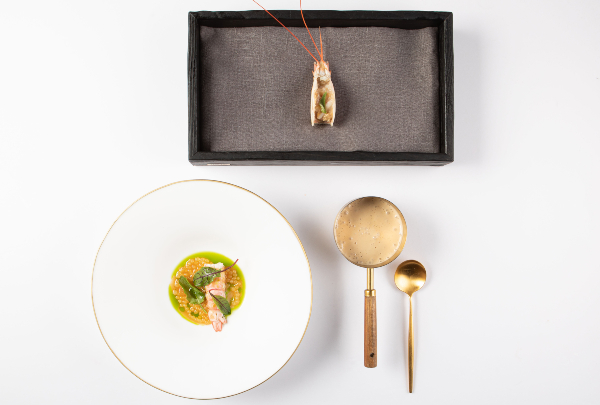
Living in Galicia means living with a view out to sea. Not for nothing has it been the only resource local people had to survive, for decades. The brothers Xosé and Xoan Cannas, who have been running the Pepe Vieira restaurant for twenty years, not only use its products, but have made it their hallmark.
Xosé T. Cannas, better known as Pepe Vieira, invested the million pesetas his grandfather gave him to buy a car in building what has been his way of life for the last twenty years: a restaurant. By way of homage to the man who surely made one of his biggest dreams come true, the restaurant now bears his name. And Xosé in turn adopted it as his own. Pepe Vieira opened the gastronomic enclave with his sommelier brother Xoan, and the twosome has been conquering palates ever since. His presence at Meeting of the Seas gives us an insight into his personality and his projects.
What will we hear you talking about at Meeting of the Seas?
Even though I haven’t fully decided yet, obviously it’ll be about fish. And also because this is the product we work with most because we’re right beside the Pontevedra Estuary, and it’s a permanent fixture in our pantry. Also, quite apart from techniques or ideas, what we do focuses more on the concept of Galicia, the mindset of Galicia. We recoup stories or part of our culture, or part of Galicia’s cultural heritage, and we add them to our cuisine. And that’s what we’ll be seeing on stage.
Links to the sea are a must when you live in Galicia …
Yes, my family always had links to the sea. My grandmother was a net-mender, and in the town, everyone had a connection to the sea in some way or other. It was the only resource there was.
The name of the restaurant refers to your grandfather’s pseudonym, Vieira [scallop], which is quite a clue to the sea connection …
Pepe was my grandfather’s name. Yes, Vieira is a pseudonym, and we called the restaurant that when we started 20 years ago, because we wanted to pay homage to him for the money he gave me to buy a car, and instead of buying a car, I opened the restaurant. This is kind of by way of homage to the million pesetas he left.
Last year the Michelin Guide gave you the Green Star as an award for sustainability at your restaurant …
In the restaurant we try to apply sustainability to just about everything. Not just by closing the circle – making use of organic waste to turn it into compost for the fruit and vegetable garden – but also for people. I don’t just mean the customers, but everyone who works with us: suppliers, associates, the team … We try to make sustainability a human factor, a co-existence factor, not just the restaurant along with the planet, but also with those of us who “inhabit” the restaurant.
Obviously this leads to everything else. We have a garden where we try to grow everything organically. We try to live in communion with nature, which is also very easy for us. In other words, living where we live, surrounded by nature, makes it easy to live alongside it. It’s as if it couldn’t be any other way, it’s almost an obligation. It’s easier for us than for someone in the city. At the end of the day, there’s no two ways about it here. It’s something obvious.
We have the product gardens here, and if you don’t work on them or plant anything, they just turn into scrubland, and so it’s almost an obligation. We live this in a natural way, it’s a local thing.
What sustainability project have you been working on lately?
We did a wonderful thing with a winery. We’re in the Salnés Valley, which is the albariño winemaking region. We’re surrounded by vineyards and wineries, and we share friendship and work with the people.
A few years ago the Forjas de Salnés winery put us on the track of an item of organic waste, wine lees. When the winemaking process has finished, this waste is thrown away. We began working alongside the winery to see what could be salvaged, and this year we’ve created a product that will be added to one of our menus. We’ll definitely be talking about that too in Meeting of the Seas.
Wine lees are terribly acidic, with a hint of baking, because this is a ferment, after all. It reminded us of those bakery smells, but also very acidic and also a bit like albariño wine. We thought we’d make a beurre blanc sauce, which is put together with two ingredients whose natural aromas are already present in lees. We developed the sauce, and we’ve now added it to our menu. It’s a way of closing the circle with something that would otherwise be thrown away, and so we utilise it again, and we find a use for it.
You’ve been dreaming of opening a hotel for ten years, and it seems you’re finally going to do it this year – how’s that project coming along?
This is a dream we’ll see if we can actually do. We just need the last permit from the town hall, and the financing. It emerged a few years ago, with the idea of closing the cycle of people’s experience when they go to the restaurant. To make it a longer or more intense experience.
The idea is that people can be as close to nature as possible. They’re little houses, what we call bunkers, built in concrete with a skylight to separate different areas. The idea is that people can spend as much time as they want there, and live alongside nature, surrounded by nature and our facilities.
How have things gone post-pandemic?
We have a very positive vision. Every time we came back or opened again, people responded very well. We’re very proud, in fact, of having got this far and even farther, with the full team we had before the pandemic. We’re very proud that we went through it all together, and that nobody was left behind.
And we also have high hopes for a good year this year. Last summer was good, too. Here in Galicia, because our offer doesn’t focus on foreign clientele – this isn’t a tourist area – we didn’t notice the downturn in foreign diners so much. National tourists, though, came as they did every year, and so we didn’t notice much there either. Other places such as Barcelona or Majorca, which are more international destinations, must have had more problems.
And finally, any future projects?
We have several at the embryo stage, but it might be a little early to talk about them yet.
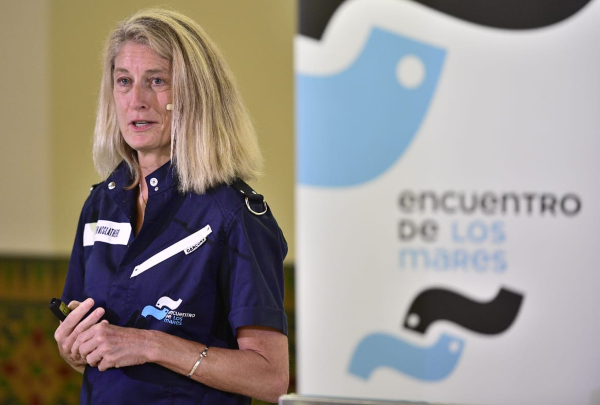
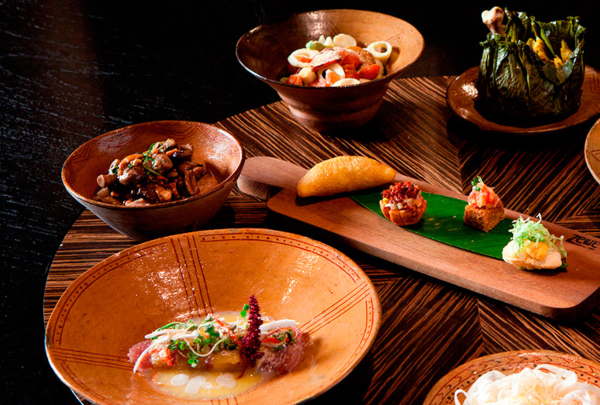
 600x405 (1).jpg)
.jpg)
